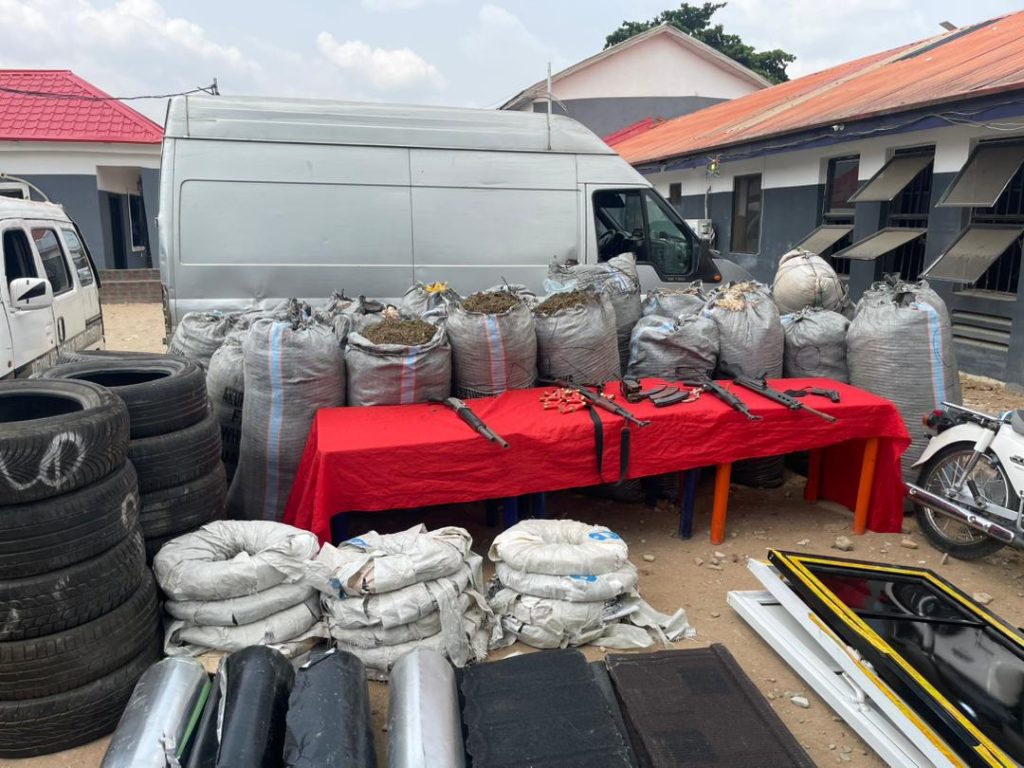Rwanda’s agricultural sector, a lifeline for over 70% of its population, is undergoing a quiet revolution as centuries-old practices merge with cutting-edge innovations. Long dependent on subsistence farming, the nation is now leveraging technology, policy reforms, and global partnerships to reshape its agrarian economy, balancing food security with environmental sustainability and export growth.
Smallholder farmers, once confined to traditional methods, are increasingly adopting high-yield seeds, climate-resilient techniques, and digital tools to maximize productivity on limited land. Government-backed initiatives like the Crop Intensification Programme have amplified yields of staples such as beans, maize, and cassava, while terracing and agroforestry combat soil erosion in the country’s hilly terrain. Social media platforms have emerged as unexpected allies, with agricultural influencers sharing knowledge on hydroponics, organic practices, and cooperative models, inspiring a shift toward efficiency.
Coffee and tea remain economic pillars, with Rwanda’s volcanic-soil-grown Arabica coffee and highland teas securing premium global markets. Emerging sectors like horticulture—driven by exports of French beans, avocados, and cut flowers—and aquaculture, focused on tilapia and catfish farming, are diversifying income streams. Urban hydroponic farms, producing leafy greens in nutrient-rich water solutions, address land scarcity while supplying cities with fresh produce.
Livestock farming, though challenged by pasture shortages and disease risks, is modernizing through improved breeds and zero-grazing systems. Meanwhile, agroforestry integrates fruit and timber trees into croplands, stabilizing soils and boosting biodiversity. Climate-smart practices, including drought-resistant crops and water harvesting, are prioritized to counter erratic weather patterns.
While smallholders dominate, commercial agriculture is expanding, fueled by foreign investment and mechanization in rice, tea, and flower production. Critics note hurdles like land fragmentation and infrastructure gaps, but programs such as Special Economic Zones aim to attract agribusinesses.
Experts emphasize that Rwanda’s agricultural evolution hinges on sustained investment in rural infrastructure, education, and technology. As the sector bridges tradition and innovation, its success could offer a blueprint for balancing economic ambition with ecological stewardship in developing economies.



